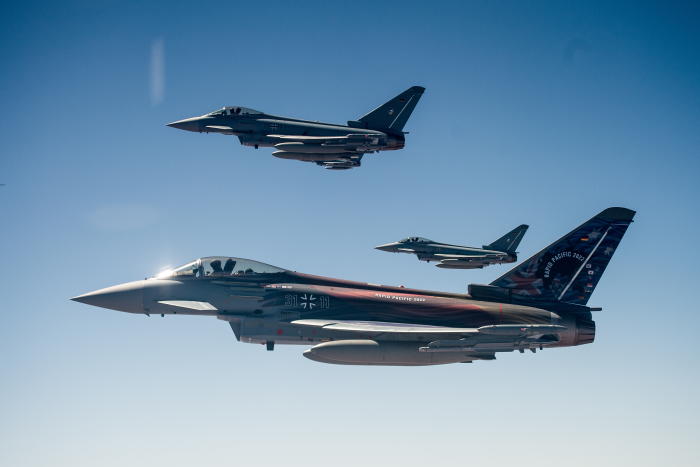Artificial Intelligence in Defense: Helsing’s Innovative Approach

Artificial Intelligence (AI) is revolutionizing various sectors, and defense is no exception. Startups specializing in AI are integrating their software into existing operational equipment, aiming to enhance efficiency and minimize resource utilization. One such company making waves in this space is Helsing.
Antoine Bordes: From AI Research to Defense
Antoine Bordes, a renowned AI expert, previously led the Facebook Artificial Intelligence Research lab for Meta in Paris and New York. However, the recent invasion of Ukraine by Russia resonated deeply with him, prompting his return to Europe. Concerned about the threats to democratic values and Europe’s technological sovereignty against American and Chinese superpowers, Bordes felt compelled to use his expertise to impact French and European defense. “If what I know can have an impact on French and European defense, I am ten times more motivated,” he explains, three months after his appointment as Vice President of Research at Helsing.
Helsing: An Emerging Power in AI Defense
Helsing, a startup still under the radar, was born in Berlin in 2021, thanks to a €100 million investment from Prima Materia, a fund established by Spotify founder, Daniel Ek. The company has since established a presence in the United Kingdom and France. This tripartite anchoring allows Helsing to operate in the three countries with the most significant military forces in Europe. With its 220 employees, including 150 engineers, and high-level recruitments such as former French Air Force Chief of Staff, General Denis Mercier, Helsing aims to enable armies to “achieve significant capacity gains” through the untapped resources of AI on the battlefield.

Helsing’s AI in Action: Enhancing Eurofighter Capabilities
The German Ministry of Defense recently selected Helsing. In collaboration with Saab Germany, which provides the sensors, Helsing’s AI software will enhance the radars of fifteen Eurofighter aircraft of the Luftwaffe, set to replace the Tornado for missions neutralizing enemy air defenses. From 2028, the system installed on these fighter aircraft (not in the cloud) will be capable of analyzing the collected radar data “to generate, in a few milliseconds, precise self-protection measures against modern enemy radars,” explain its designers.
The Impact of AI on Artillery and Naval Defense
This “software layer” could also improve the efficiency of artillery chains, notably Caesar cannons (155 mm), by accelerating the intelligence-fire loop. According to Helsing, it would lead to a reduction in necessary ammunition stocks and provide better protection against counter-battery fire. At sea, it would enhance the protection of frigates against formidable swarms of armed drones.
The Future of AI in Defense
The integration of AI in defense is a rapidly growing field, with startups like Helsing leading the charge. Their work is not only transforming the way we approach defense but also paving the way for a more efficient and technologically advanced future.
Source: Le Monde




